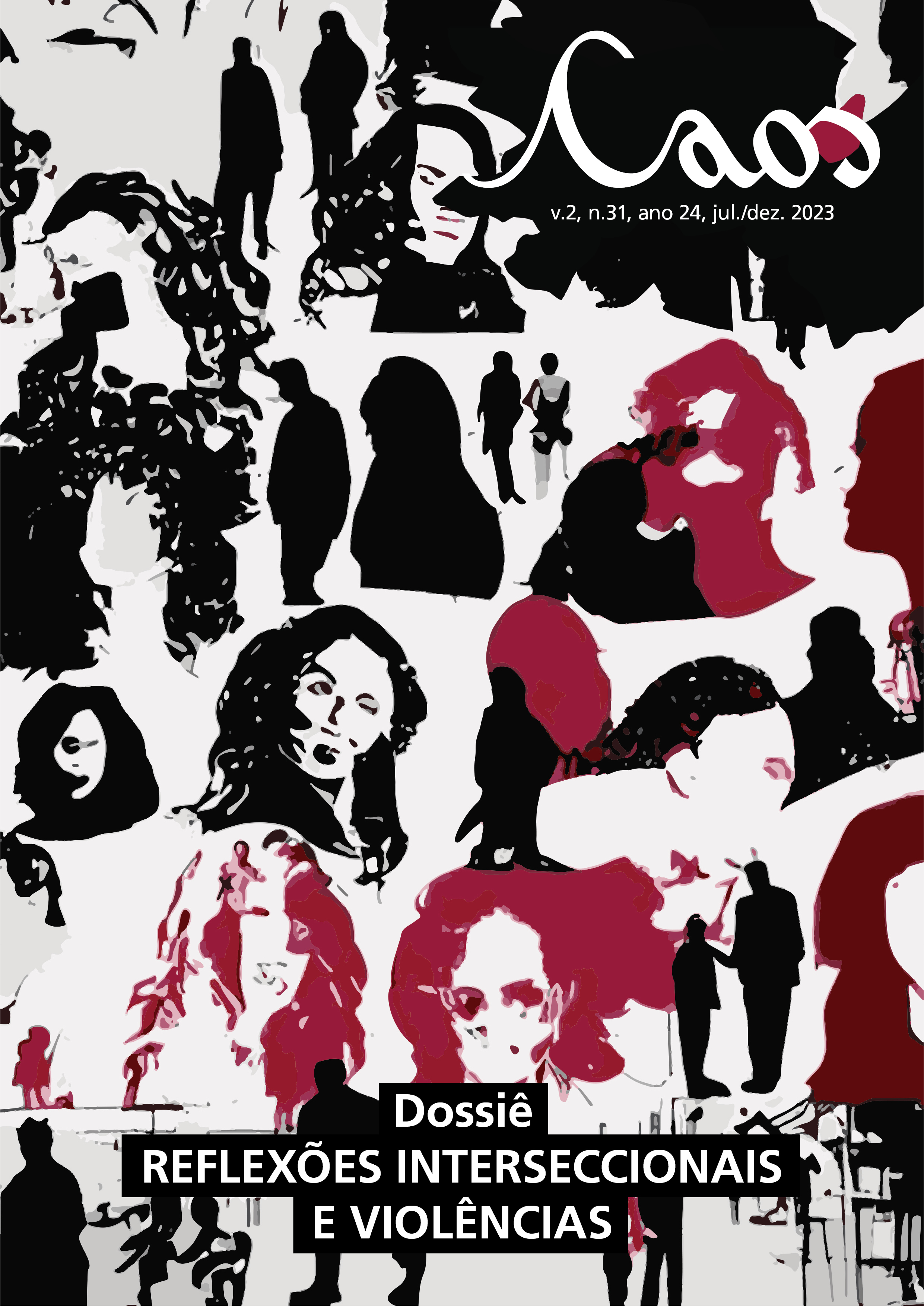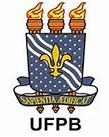NARRATIVES IN SOCIOLOGY RESEARCH METHODOLOGY
DOI:
https://doi.org/10.46906/caos.n31.65462.p230-247Keywords:
methodology, narratives, life history, qualitative research.Abstract
The objective of this paper is to discuss theoretically and methodologically, the use of narratives in social science research. The article is divided in two main topics, the first one presenting the relationship between epistemology and methodology, discussing how the choice of methodologies and techniques, as well as apparently empirical objects, are constructed based on theoretical assumptions. The main argument deals with the fact that by situating narrative within a social space of possibilities, one can reconcile the diachronic and synchronic dimensions of research, implying a more robust methodology that breaks through the methodological obstacles in the social sciences elucidated by the bibliography. To justify the argument, an explanation and literature review is made about the use of narratives and life stories as research methodologies.
Downloads
Metrics
Published
Issue
Section
License
Copyright (c) 2023 Elias Festa Paludo

This work is licensed under a Creative Commons Attribution-NonCommercial 4.0 International License.
A Caos é regida por uma Licença da Creative Commons (CC): CC BY-NC 4.0, aplicada a revistas eletrônicas, com a qual os autores declaram concordar ao fazer a submissão. Os autores retêm os direitos autorais e os de publicação completos.
Segundo essa licença, os autores são os detentores dos direitos autorais (copyright) de seus textos, e concedem direitos de uso para outros, podendo qualquer usuário copiar e redistribuir o material em qualquer suporte ou formato, remixar, transformar e criar a partir do material, ou usá-lo de qualquer outro propósito lícito, observando os seguintes termos: (a) atribuição – o usuário deve atribuir o devido crédito, fornecer um link para a licença, e indicar se foram feitas alterações. Os usos podem ocorrer de qualquer forma razoável, mas não de uma forma que sugira haver o apoio ou aprovação do licenciante; (b) NãoComercial – o material não pode ser usado para fins comerciais; (c) sem restrições adicionais – os usuários não podem aplicar termos jurídicos ou medidas de caráter tecnológico que restrinjam legalmente outros de fazerem algo que a licença permita.
Recomendamos aos autores que, antes de submeterem os manuscritos, acessem os termos completos da licença (clique aqui).
















